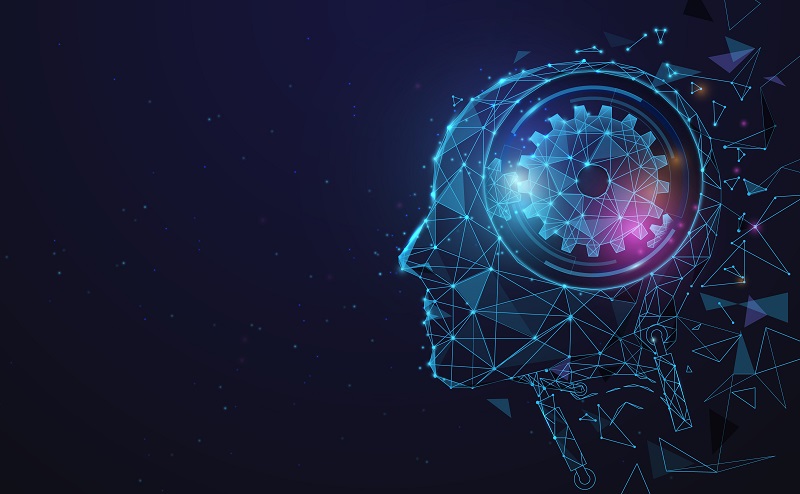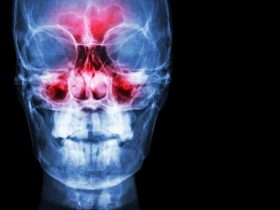What do you think when you hear the words “artificial intelligence” or “AI”? Do you see a future in which machines help humanity, or do you see machines taking over the world?
Moreover, do you think AI should play a role in health care?
AI’s future as a tool in health care was one of the main topics discussed in the “Artificial Intelligence and Deep Machine Learning in Rhinology” panel at the American Rhinologic Society (ARS) 68th annual meeting, held from September 9, 2022, through September 10, 2022, in Philadelphia, PA. The panel members were David Gudis, MD, from Columbia University Medical Center; Michael Marino, MD, from Mayo Clinic; Edward McCoul, MD, MPH, from Ochsner Health; and moderator Zara Patel, MD, from Stanford Medicine.
But before we discuss AI in health care, let’s define what AI is.
According to the panel experts, AI can be defined as the following:
- The theory and development of computer systems that can perform tasks normally requiring human intelligence, such as visual perception, speech recognition, decision-making, and translation between languages
- A branch of computer science dealing with the simulation of intelligent behavior in computers
- The capability of a machine to imitate intelligent human behavior
Deep machine learning is part of a family of machine learning methods that use artificial neural networks with representation learning. This learning can be supervised (directed by humans), semi-supervised, or unsupervised.
What are the applications of AI and deep machine learning in health care? How does AI perform as a health care tool?
- In 2011, New York University (NYU) researchers reported that an AI algorithm could find and match lung nodules on computerized chest tomography (CT) examinations 62%-97% faster than a panel of radiologists.
- In another study, directing orthopedic surgeons’ instruments with an AI algorithm led to a 5-fold reduction in complication rates.
- In panel member Dr. Marino’s 2021 study, machine learning was used to predict chronic eosinophilic rhinosinusitis (eCRS) with high sensitivity and specificity in the study’s patient population.
However, there are challenges with using AI in health care.
In order to create an accurate AI algorithm, huge amounts of data are needed, and creating an AI algorithm can be a laborious process.
In addition, AI can be biased. Since people–all of whom have biases–build AI, they can inadvertently include their own unconscious biases in the AI. AI amplifies these biases, which can have serious repercussions. In a 2019 study, researchers discovered that an algorithm widely used by health care systems exhibited significant racial bias.
Using AI in health care has both advantages and disadvantages. Knowing this, what is AI’s future in health care? What are other challenges to using AI?
One panel member said that AI would change how medicine is practiced. However, he cautioned that we must be aware of the quality of the building blocks put into AI tools. Poor building blocks can lead to poor results.
One challenge the panel members discussed is learning how to regulate AI when we struggle to regulate ourselves. Monitoring data from AI as it is being produced could be one key step.
Finally, what are other questions to consider about AI and its future?
- How do you feel about developing machines that have superhuman intelligence?
- How can we keep humanity in medicine if health care depends on AI?
- Do we want to become dependent on AI?
In conclusion, AI could prove to be a valuable tool in health care; however, we must first address its challenges and pitfalls for AI to be useful and accepted.




